Home » Setting up a hydroponic blueberry system
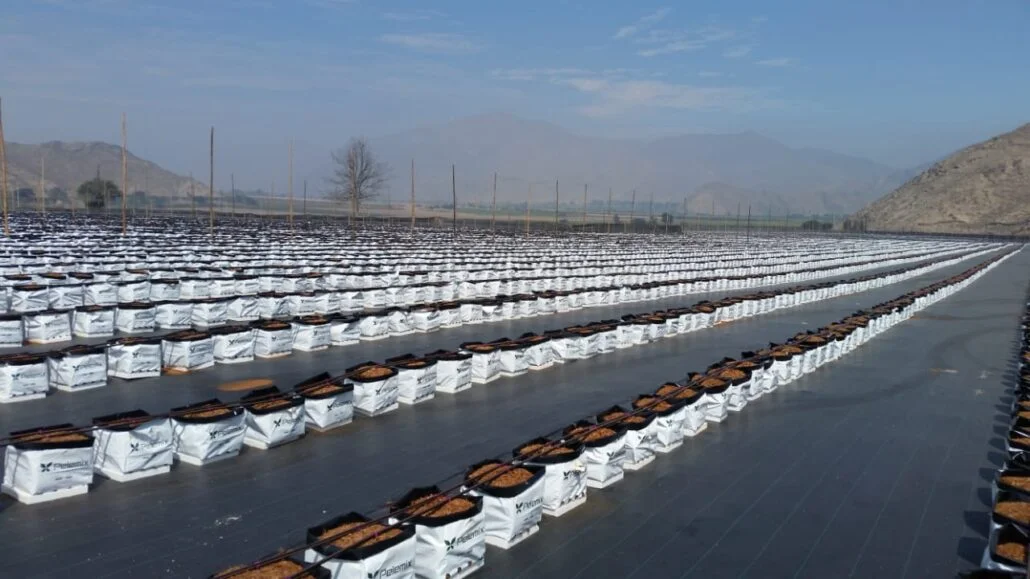
Blueberries are a popular fruit known for their sweet and tangy flavor, as well as their numerous health benefits. With the rise of hydroponic commercial farming, it’s a “must” cultivating blueberries in a controlled environment, ensuring optimal growth and production.
When setting up a hydroponic blueberry growing system, it is recommended to consult with experts or experienced growers to ensure that you choose the right growing system for your specific needs. They can provide valuable ideas and advice based on their own experience.
Successful hydroponic blueberry cultivation requires careful consideration of the hydroponic system chosen, selection of the right blueberry varieties and optimization of nutrient solutions. By choosing the right system, growers can create an ideal environment for your blueberries to thrive and maximize their production.
For more information about hydroponic blueberry cultivation and best practices and substrate solutions for blueberries, please contact us at here.
Additionally, selecting the right varieties that are known for their adaptability to Open Top, Growing bag or container cultivation will ensure successful growth in a hydroponic setup. It is recommended to source blueberry plants from reputable nurseries or suppliers specializing in hydroponic blueberry production.
Table of Contents
Toggle
Figure: Blueberry blend Open Top (3B) + Blueberry field with 3B Open Tops
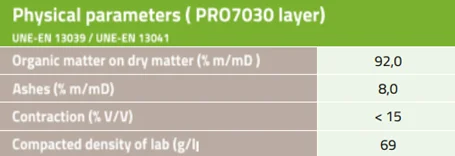
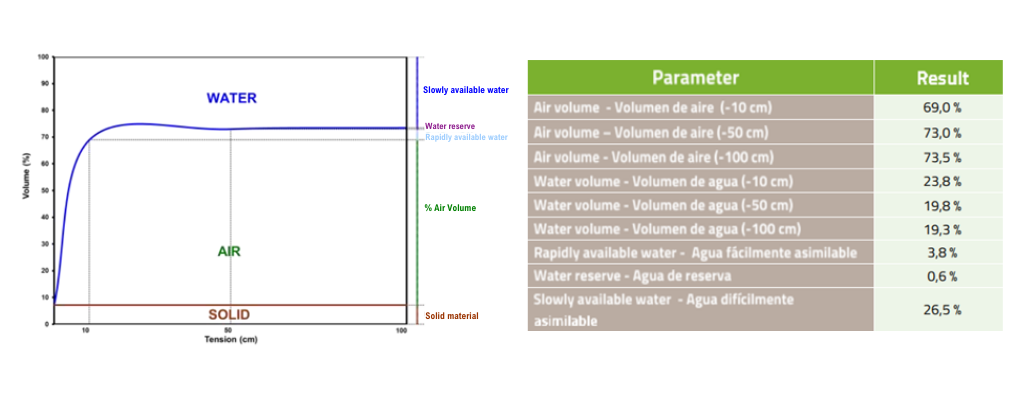
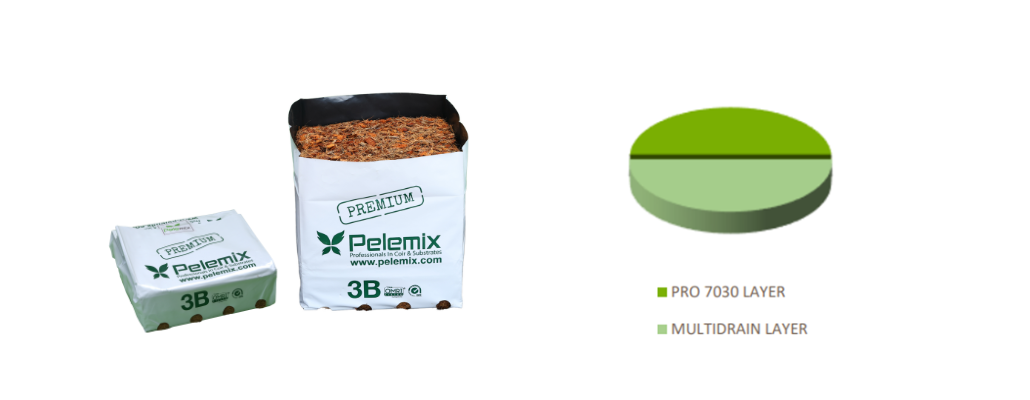

Rapidly available water (1)
Rapidly available water (2)
Figures: Physical Parameters (1) + Water Retention Curve (2) + 3B Open Top + Layers (3)
Rapidly available water (3)
Rapidly available water (4)
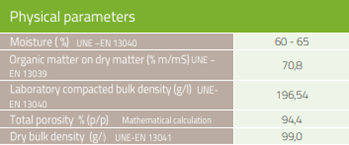
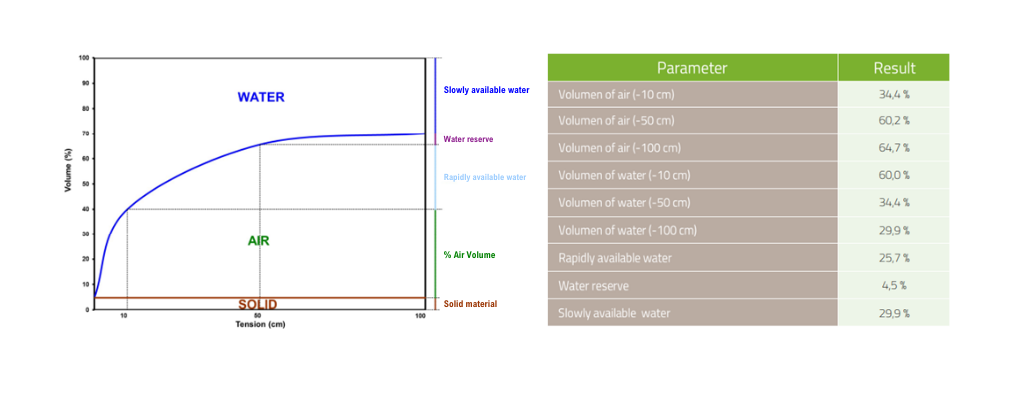
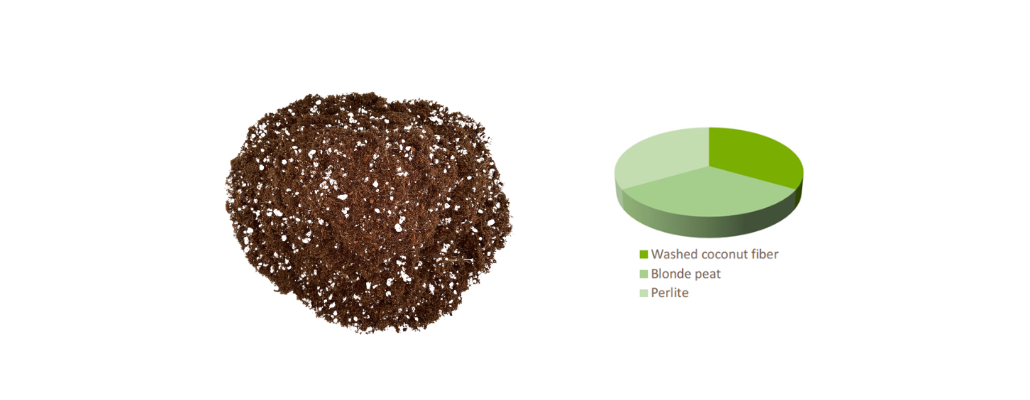
Figures: Physical Parameters (1) + Water Retention Curve (2) + Blueberry King Substrate (3)
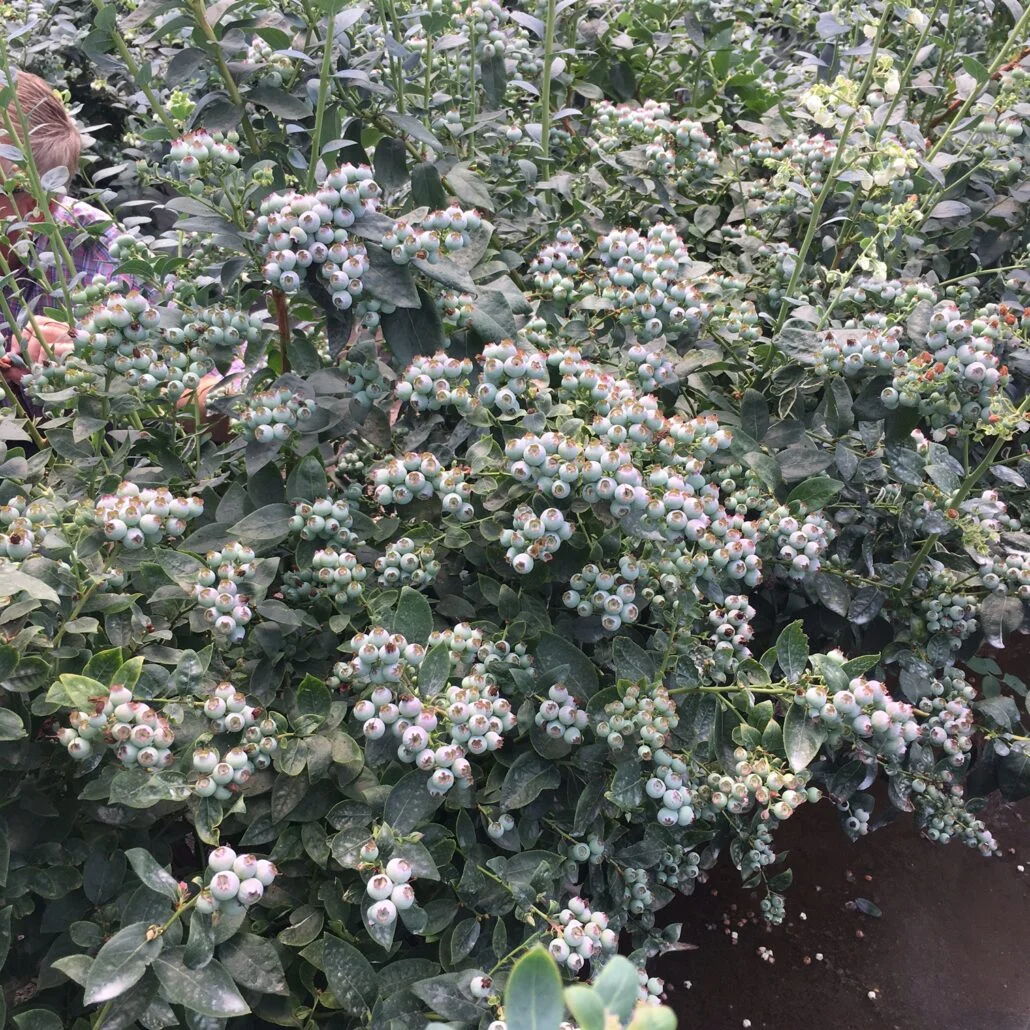
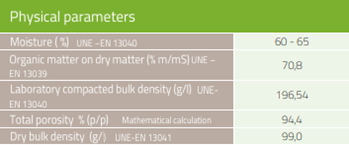
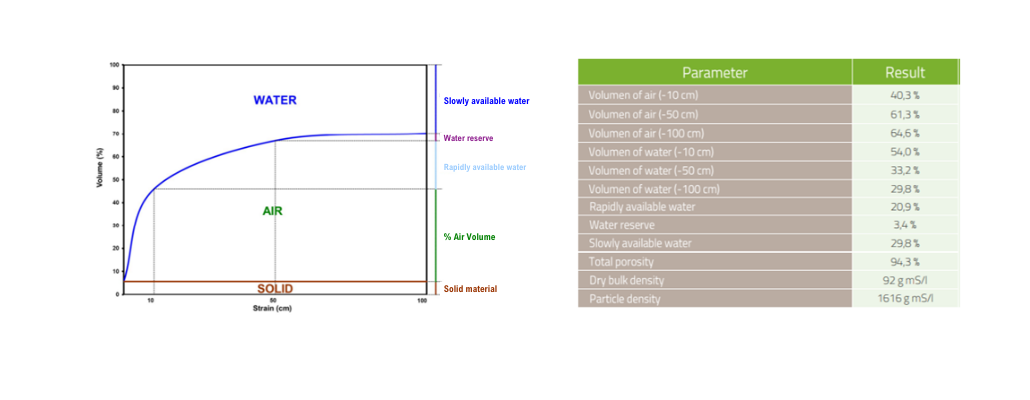
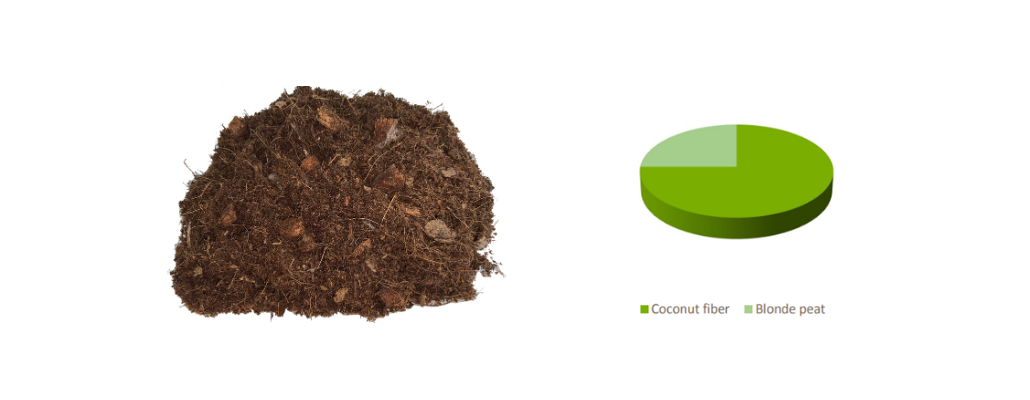
Rapidly available water (5)
Rapidly available water (6)
Figures: Physical Parameters (1) + Water Retention Curve (2) + Blueberry Tech Substrate (3)
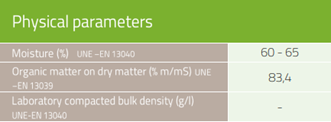
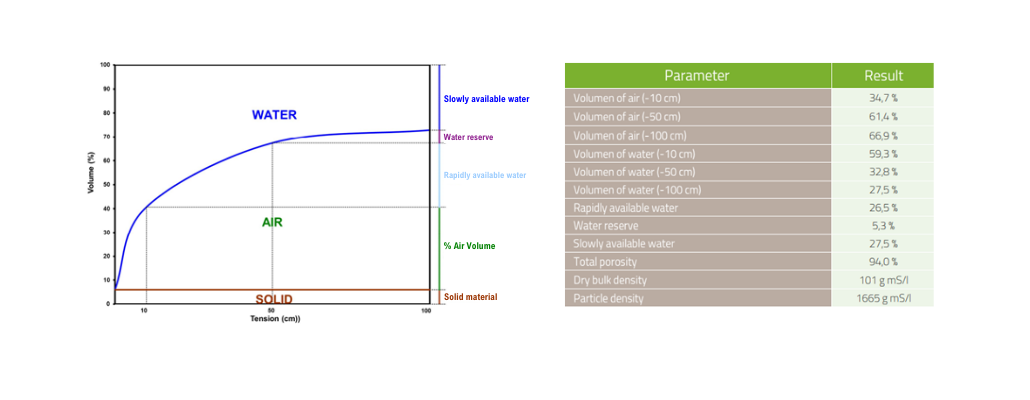
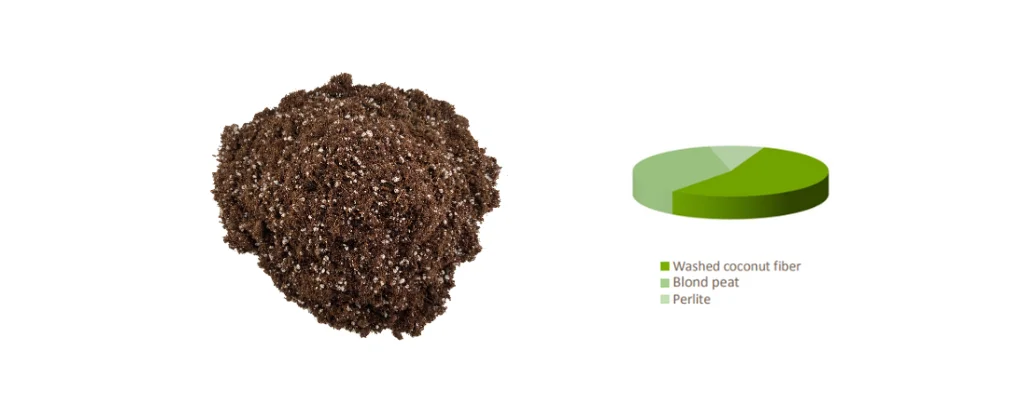
Rapidly available water (7)
Rapidly available water (8)
Figures: Physical Parameters (1) + Water Retention Curve (2) + Blueberry Start Substrate (3)
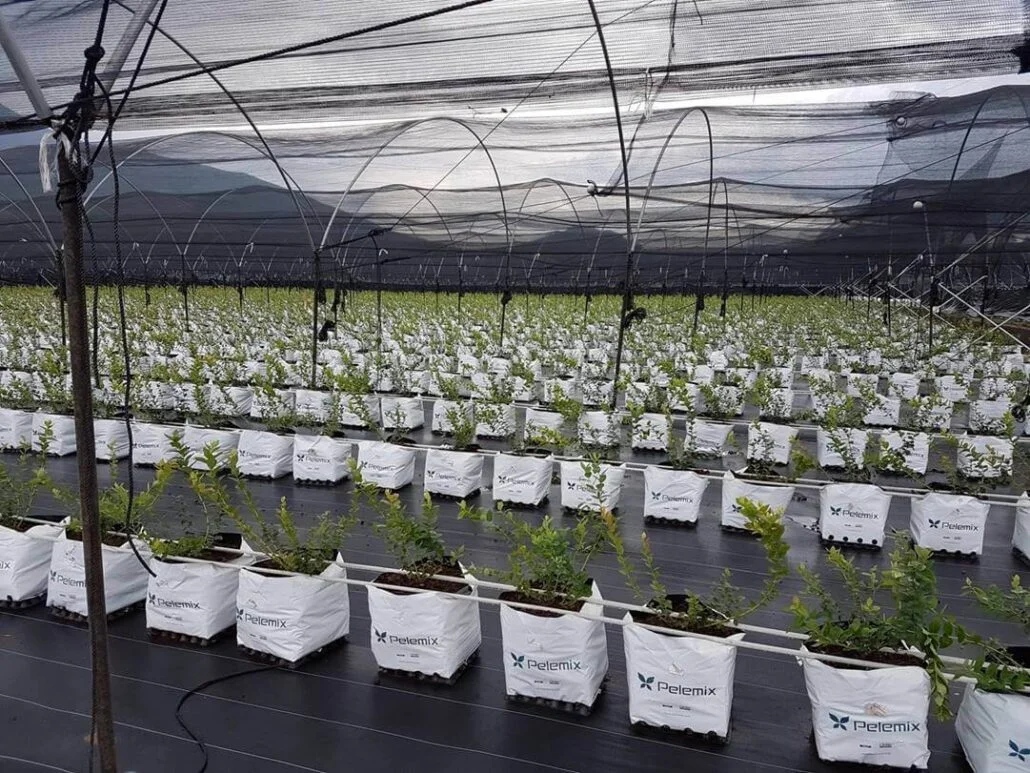
Figure: Pelemix Open Tops Blueberries
Blueberry cultivation in a hydroponic system involves growing the plants in a substrate, such as Cococoir or Coir & Peat substrates, instead of traditional soil. This method offers several advantages, including better control over nutrient delivery and water management, resulting in higher yields and healthier plants.
When it comes to hydroponic blueberry cultivation, optimizing nutrient solutions is crucial for ensuring healthy plant growth and maximizing fruit production. Blueberries are known for their high nutrient requirements, and providing them with the right balance of elements is essential for their overall development.
Blueberries prefer slightly acidic conditions, with a pH range between 4.5 and 5.5. Monitoring and adjusting the pH of the nutrient solution is crucial for optimal nutrient uptake. pH levels that are too high or too low can lead to nutrient deficiencies or toxicities, affecting plant health and productivity (Jiang et al., 2019).
Regularly testing the pH of the nutrient solution using a pH meter or test kit is recommended. If the pH deviates from the desired range, adjustments can be made by adding pH-up or pH-down solutions. It is important to make gradual changes and retest the pH until the desired level is achieved.
The first step in optimizing nutrient solutions for hydroponic blueberry cultivation is selecting the right formula. Blueberries have specific nutrient requirements, and a balanced solution is necessary to meet their needs. It is recommended to use a specialized blueberry fertilizer that contains the essential elements in the correct proportions.
Blueberry fertilizers typically contain nitrogen, phosphorus, potassium, and micronutrients such as iron, manganese, and zinc. These nutrients are essential for promoting healthy growth, flower formation, and fruit development. It is important to follow the manufacturer’s instructions for proper application rates and frequency.
In addition to the primary macronutrients, blueberries require specific micronutrients for proper growth and development. These include iron, manganese, zinc, and copper. While these micronutrients are present in most blueberry fertilizers, it is important to ensure their availability in the nutrient solution.
Regularly monitoring the nutrient solution for micronutrient deficiencies is crucial. If deficiencies are detected, foliar sprays or targeted nutrient supplements can be used to address the issue. It is important to consult with a horticulture specialist or refer to the fertilizer manufacturer’s recommendations for proper application.
Optimizing nutrient solutions is a key aspect of successful hydroponic blueberry cultivation. By providing the plants with the right balance of essential elements, monitoring pH levels, and addressing micronutrient deficiencies, growers can ensure healthy plant growth and maximize fruit production.
For more information on hydroponic blueberry cultivation and optimizing growing solutions, you can ask our experts.